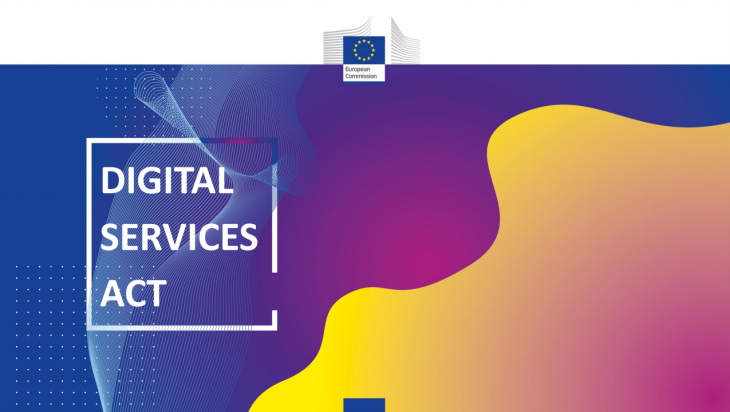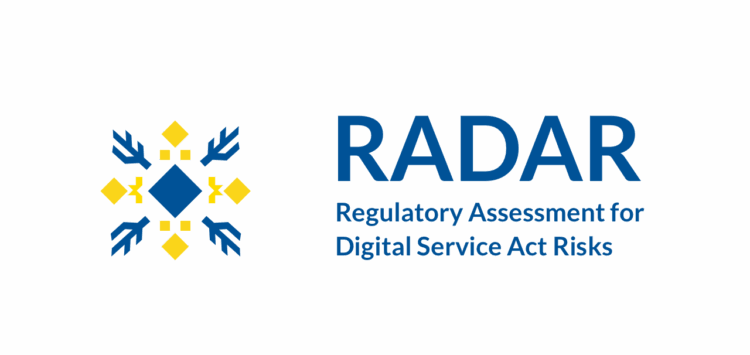Understanding Your New Rights Under the EU’s Digital Services Act: A User’s Comprehensive Guide
New EU regulations are reshaping internet user's social media experience and how online advertisements impact them. This article aims at pointing out what changes the Digital Services Act (DSA) already caused on many platforms you may use. The legislation is targeting Very Large Online Platforms (VLOPs) and search engines (VLOSs). Let's dive in to understand what these changes mean for the users of those platforms.
The Scope of the New Regulations
The DSA applies to the 19 largest online platforms, including social media giants like Instagram, X (ex-Twitter), Facebook, and LinkedIn, as well as search engines like Google and e-commerce platforms like Booking.com. Many of these rules are designed to regulate the platforms and introduce key changes that directly impact users.
Your Feed, Your Choice: Non-Personalised Feeds
One of the most significant changes is the introduction of non-personalised feeds. Platforms are now expected to offer alternative recommendation algorithms to the current ones relying on user profiling. This is a monumental shift aimed at reducing manipulation, filter bubbles, and addictive online behaviour. Here’s how you can customise your feeds under the new DSA rules. Here’s a list of the changes we’ve spotted on the following services:

- Instagram: Choose a chronological feed by tapping “For You” and selecting “Following.”
- Facebook: Opt for a chronological feed via the “Lists” section.
- TikTok: Switch to a “popular” content feed by disabling personalised feeds.
- LinkedIn: Choose “Most recent” instead of “Top updates.” You’ll see the publications in chronological order, rather than sorted algorithmically
- X (ex-Twitter): Toggle between “For you” and “Latest tweets” to view tweets in chronological order.
Unveiling the Mystery Behind Ads: Ad Transparency
Another major change is the increased transparency around advertisements. Users can now understand the “why” behind the ads they see. For example:
- Meta’s Platforms: Tap the three dots on a sponsored post and select “Why am I seeing this ad?”
- Google Services: Access “my ad center” to find information about the ad and the advertiser.
- TikTok: Tap the share arrow and choose “About this ad” to uncover targeting details.
- LinkedIn: Tap the dots on an ad and select “Why am I seeing this ad?”
Platform-Specific Updates
- Priority Flagger Program
- YouTube creators can appeal video removals
- No personalised ads for users under 18
- New Transparency Center
TikTok
- European users have a new option to report illegal content
- No personalised advertising to under-18s in Europe
- New European datacenter in Ireland for European users
- Global Ad Library
SnapChat
- Users in the EU can opt out of personalisation in Discover and Spotlight
- Global Ad Library
Meta (Facebook and Instagram)
- Teens aren’t shown personalised ads
- New Meta Content Library and API for researchers
- European users can view non-personalised search results
- New Report and Violations Center
- Global Ad Library
- Providing more information about moderation decisions
- Global Ad Library
Booking
- Global Ad Library
Legal Challenges and Non-Compliance
It’s worth noting that some platforms like Amazon and Zalando have submitted legal challenges against the DSA regulations and are asking for an exception, excluding them from the new requirements.
Conclusion
The new EU regulations under the DSA aim to make online platforms more transparent and user-friendly. As a user, you now have more control over your feed and a better understanding of the ads you encounter. Stay informed and make the most of your new rights!
The new EU regulations under the DSA aim at making online platforms more transparent and user-friendly. As a user, you now have more control over your feed and a better understanding of the ads you see. Stay informed and make the most of your new rights!
For more information on auditing recommendation algorithms and the DSA, keep following us!




